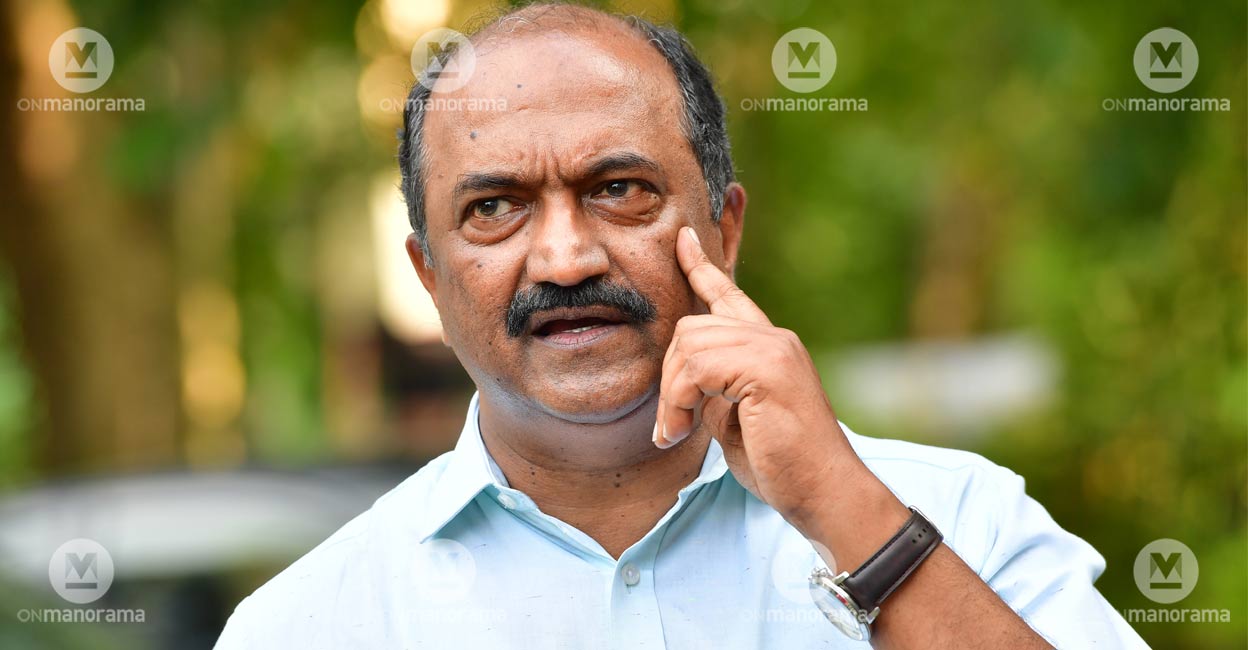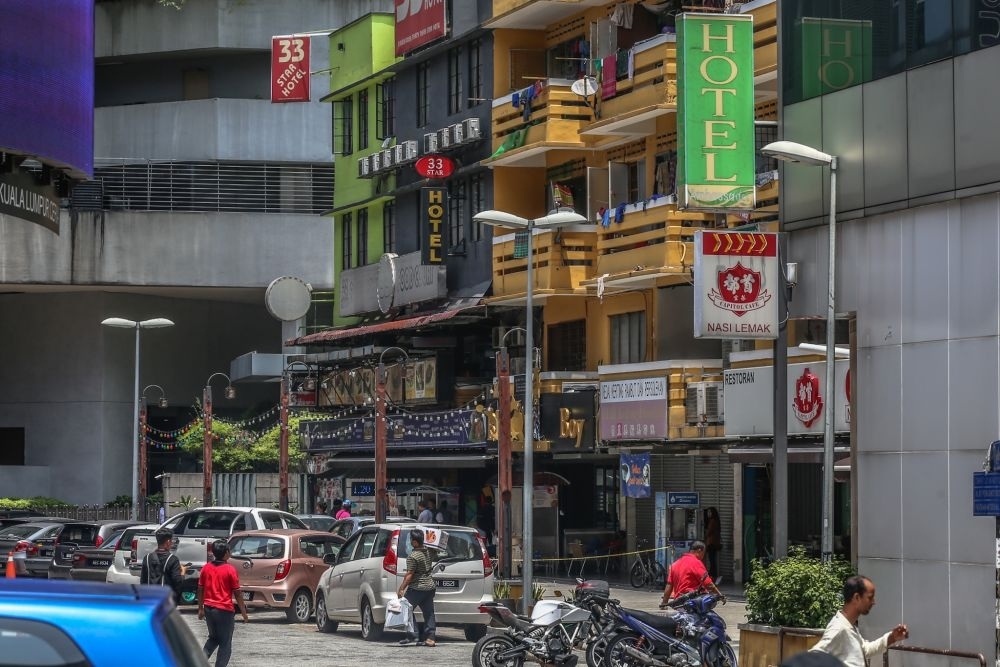Kerala Minister Rubs Salt in Wound: Denies Funding Cuts Despite Hospital Equipment Crisis

The ongoing controversy surrounding equipment shortages at Thiruvananthapuram Medical College Hospital has taken another turn, with Kerala Finance Minister K N Balagopal staunchly denying any funding cuts to the public health sector. This denial comes hot on the heels of revelations by Haris Chirackal, a local politician, detailing severe shortages of surgical equipment and significant delays in medical procedures at the state-run institution.
Chirackal's public statements ignited a political firestorm, prompting widespread concern about the state of public healthcare in Kerala. He highlighted instances where patients faced prolonged waits and lacked access to essential tools necessary for timely and effective treatment. The accusations directly implicated potential financial constraints as a contributing factor to the escalating crisis.
However, Minister Balagopal, in a firm rebuttal, dismissed these claims as unfounded, asserting that there have been no reductions in funding allocated to the public health system. He emphasized the government's commitment to ensuring adequate resources for healthcare facilities across the state. “These allegations are completely baseless and politically motivated,” he stated, adding that the government is actively addressing the equipment shortage through various measures.
The Core of the Controversy: A Deeper Look
While the Minister's denial offers a degree of reassurance, it has done little to quell the anxieties of medical professionals and concerned citizens. Critics argue that the visible shortages and procedural delays speak volumes, regardless of official funding figures. They point to a potential disconnect between budgetary allocations and the actual availability of resources on the ground.
The situation at Thiruvananthapuram Medical College Hospital is not an isolated incident. Similar concerns have been raised about other public healthcare facilities in Kerala, suggesting a systemic issue that may extend beyond mere equipment deficits. Some speculate that bureaucratic hurdles, inefficient procurement processes, and a lack of timely maintenance contribute to the problem.
What's Next for Kerala's Public Health System?
The current dispute underscores the urgent need for a transparent and comprehensive assessment of Kerala's public health infrastructure. Independent audits of funding allocation and resource utilization are crucial to determine the true extent of the challenges. Furthermore, streamlining procurement processes, investing in preventative maintenance, and addressing staffing shortages are essential steps to bolster the resilience of the healthcare system.
The Kerala government faces a critical juncture. While denying funding cuts, Minister Balagopal must now demonstrate a tangible commitment to resolving the equipment crisis and restoring public confidence in the state’s healthcare services. Failure to do so risks further erosion of trust and potentially jeopardizes the well-being of countless patients.
The political fallout from this situation is likely to continue, with opposition parties seizing the opportunity to scrutinize the government's handling of public health. Ultimately, the focus must remain on ensuring that all citizens of Kerala have access to quality, affordable healthcare, regardless of their socio-economic background.






